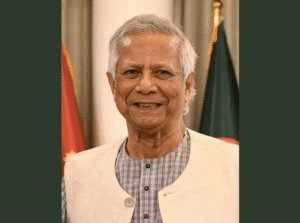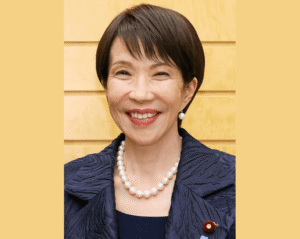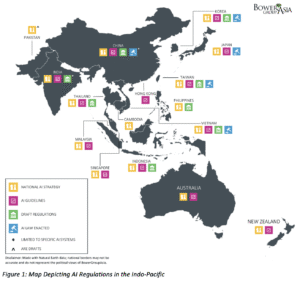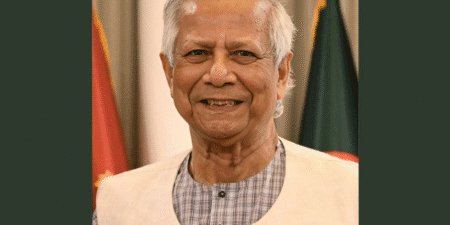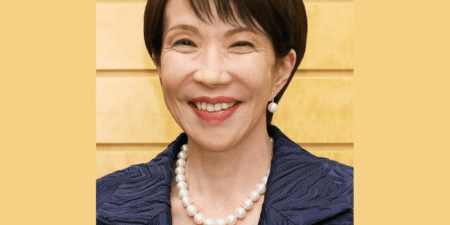
Thaksin’s Return a Potential Net Gain for Thailand
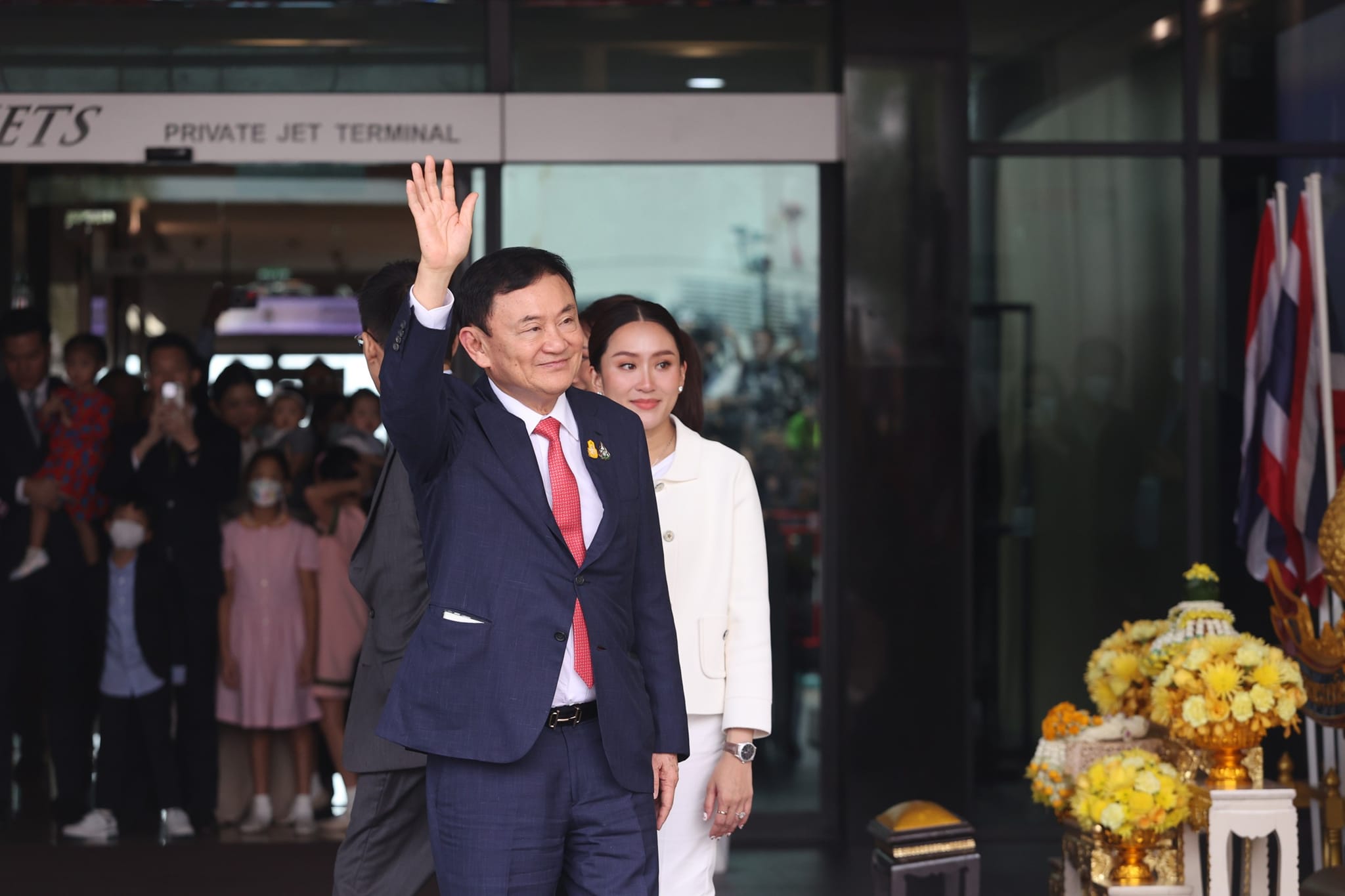
The BGA Thailand Team, led by Managing Director Teerasak Siripant, wrote an update to clients on former Prime Minister Thaksin Shinawatra’s return to Thailand.
Context
- Former Prime Minister Thaksin Shinawatra always had a substantial role in Thai politics despite being ousted and exiled by a military coup in September 2006, but he is now back in Thailand in person. Notwithstanding the political drama and conjecture around his local movements and intentions, at issue is whether his return is a net gain or an additional destabilizer for Thailand’s political stability and effectiveness.
- Thaksin is expected to wield political influence behind the scenes, as his Pheu Thai party leads the coalition government under Prime Minister Thavisin Srettha. Already, former Cambodian Prime Minister Hun Sen has flown in on a private jet to visit the ex-Thai prime minister, because they have remained close since their business dealings more than three decades ago. It would not be surprising if other regional leaders, such as Brunei’s sultan, also pay visits in the near term.
Significance
- While his political clout will be undeniable, Thaksin’s hand in politics is weaker than it used to be on at least three counts. First, his Pheu Thai party lost the election in May 2023 by a narrow margin to Move Forward party, an unprecedented defeat. Losing to Move Forward meant that the electoral landscape has shifted away from Pheu Thai’s once-invincible populist platform to Move Forward’s new paradigm of structural reforms.
- A Thaksin gambit would likely require a cabinet reshuffle for Pheu Thai to reorganize its policymaking team. As the appointed Senate’s term expires in May, a rearranged cabinet line-up may well be in the offing after that, featuring Thaksin’s preferences. For the foreseeable future, sitting Srettha’s premiership position appears secure as long as he stays away from bombshell scandals and disasters, while being seen to work hard even if deliverables are in short supply.
Implications
- With Srettha under growing pressure to perform and deliver because, as a political newcomer, he lacks a patronage base within Pheu Thai, companies can expect Srettha to come up with the goods. This includes visa exemptions for Chinese, Kazakh and Russian tourists and hospitality-related sectors will stand to benefit from Srettha’s tourism drive to generate income.
- Businesses should look for Srettha’s efforts to attract investment in higher value-added industries. Srettha’s and Pheu Thai’s two-ocean “land bridge” strategy to logistically link the Gulf of Thailand with the Andaman Sea, bilateral free-trade agreements and a consumption boost around a 500-billion-baht ($14) digital wallet scheme have yet to find traction over the past six months. These structural policies are worth watching closely in the near term because they are necessary to unlock Thailand’s growth constraints and unleash greater economic potential.
We will continue to keep you updated on developments in Thailand as they occur. If you have comments or questions, please contact BGA Managing Director Teerasak Siripant at tsiripant@bowergroupasia.com or Senior Advisor Thitinan Pongsudhirat at thitinan@bowergroupasia.com.
Best regards,
BGA Thailand Team

Dr. Thitinan Pongsudhirak
Senior Advisor
Thitinan is a renowned scholar, journalist and expert in international relations and domestic politics across Asia. He has spent more than three decades analyzing and advising on Thailand and the region’s political economy, geopolitics and policy. He helps BGA and clients understand in-depth the global, regional and domestic issues that affect business. Thitinan is a professor of international relations and international political economy at Bangkok-based Chulalongkorn University’s Faculty of Political Science and a senior fellow at its Institute of Security and International Studies. He has lectured widely at local and international universities, military colleges and international organizations on political and ... Read More
×


















